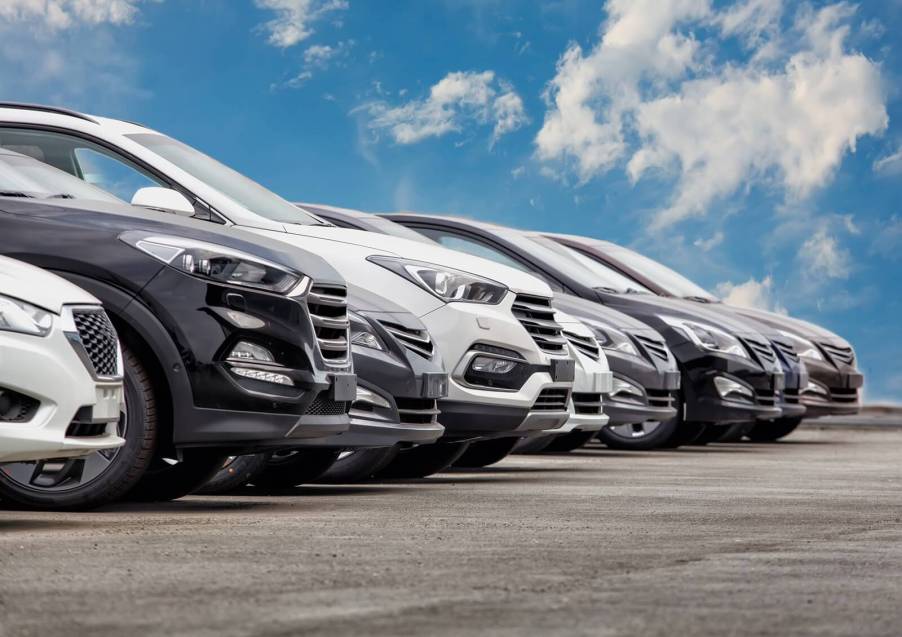
These Car Types Could Lose You Serious Money in Depreciation in 2024
No one wants to lose money on a new car. After all, the average price of a new car is dangerously close to $50,000. So, value retention is key when it’s time to sell your ride and upgrade. However, you won’t see a lot of your initial purchase value if you choose one of these new car types with high rates of depreciation.
Don’t expect to gain any value with these car types in 2024
As a rule of thumb, cars are a depreciating asset. Unless your car is a future classic with the potential to rise in value, you’re likely not to see too much of your initial investment when it comes time to sell your ride. In fact, the average car will dump around 20% of its initial value in the first year. However, these car types are especially poor at value retention.
- Sedans
- Diesel vehicles
- Luxury cars
- Small cars
- Early-model hybrids
- Sports cars
Unfortunately, rising fuel costs are driving some of the trends, including a marked loss of value for certain car types. For instance, large, thirsty sedans are expected to take a hit in the latter half of 2024. In fact, consumer preferences are continuing to skew toward more efficient, eco-friendly vehicles.
Not just large sedans, either. Yahoo!Finance says luxury cars, compact cars, and subcompact cars may lose value. After all, Americans tend to opt for SUVs and crossovers over less spacious, lower-slung cars. Moreover, diesel-powered vehicles are expected to take a hit due to tightening regulations.
Tragically, sports cars are on the list of vehicles that fail to retain value. Sports cars are typically expensive and impractical, and drop lots of value in the first five years of ownership. As such, would-be sports car owners shouldn’t expect to recoup much of their money after buying a taut, stylish sports coupe or convertible.
Conversely, some vehicles in depreciation-prone categories hold on to value more so than others. For instance, the perenially popular Porsche 911 may retain as much as 91.7% of its original value in the first five years, per iSeeCars.



